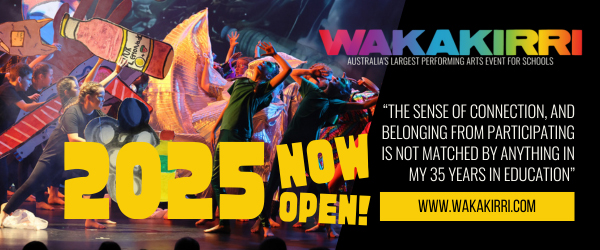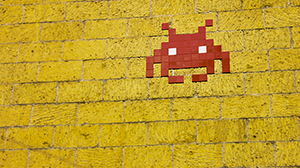
|
 For Education Leaders
When Accusations Arise - Navigating Professional Challenges with Integrity and Confidence By approaching both accusers and accused with professionalism, empathy, and a focus on resolution, you can turn challenges into opportunities for growth. Remember, leadership isn’t about avoiding conflict but about navigating it with integrity, guiding your team to stronger, more collaborative outcomes. Accusations can stem from many sources - misunderstandings, miscommunications, differing expectations, or, in rare cases, malicious intent. The first step in navigating these situations is to understand the nature of the accusation. Read more Navigating Healthy Versions of Masculinity in a Trump-Musk-Zuckerberg era While the US social climate is different to Australia, rhetoric by the likes of President Trump, Elon Musk, and Mark Zuckerberg is having a significant impact on young men and boys in our classrooms, particularly on the topic of masculinity. These three figures may be among some of the most visible and politicised, though the range of people and organisations influencing young people today is vast. Build a Positive Classroom Environment An enhanced collection of practical resources to build positive classroom environments and support effective student learning is available. The Video Game Device That's Getting Them Hooked Video games are addictive and one device that video game designers use to keep you playing and paying are loot boxes where players usually spend real-world money to get random virtual items - weapons, cosmetics or ‘skins’. A loot box may or may not yield a reward though, introducing an element of chance. Effectiveness of Youth Mental Health Check-Ins at School Brief online mental health check-ins in schools help identify at-risk youth but can actively improve student mental wellbeing over time. Sex Education’s Performance Issues Australian teens feel sex education is falling short, leaving them unprepared to navigate complex relationship dynamics highlighting a need for more balanced and practical approaches to relationships and sexuality education (RSE) in schools. A study, led by ECU researcher and sexologist Giselle Woodley, was conducted with 49 Australian teens aged 11-17 and found that consent education often emphasises fear. |

|








